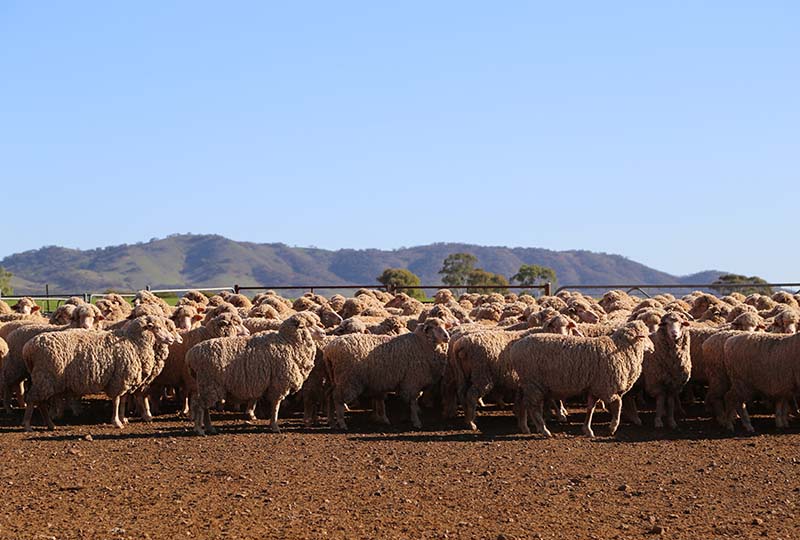ABOUT
About the Hub
The SA Drought Hub is one of eight Hubs established across the nation through the Australian Government’s Future Drought Fund.
Led by the University of Adelaide, the SA Drought Hub comprises the core Hub at Roseworthy in the Mid North and five regional Nodes at Minnipa on Eyre Peninsula, Port Augusta in the Far North, Orroroo in the Upper North, Loxton in the Riverland, and Struan in the South East.
A Stakeholder Advisory Group comprising regional partner organisations and industry leaders is attached to each Node.
The Hub has an Advisory Board to advise the Director on strategic directions and meeting the needs of local agricultural industries. The Advisory Board has an independent chair and includes representation from the Department of Primary Industries and Regions (PIRSA), the University of Adelaide, Ag Excellence Alliance, key agriculture commodity representative groups, Local Government Association, Landscape SA and appropriate State Government Agencies.
SA Drought Hub – Node Co-Design Workshops Report
The South Australian Drought Resilience Adoption and Innovation Hub conducted a series of regional co-design workshops in August, September, and October 2021, in order to identify each region’s priorities for strengthening their drought preparedness and resilience.
The hybrid in-person and online Node workshops at Wudinna, Port Augusta, Loxton, Orroroo, Roseworthy, Naracoorte, and Coober Pedy attracted 279 participants and generated a total of 991 ideas.
This PDF report provides a comprehensive summary of the activities, objectives, and contributions.
Our Partners
The Hub consists of a comprehensive and dynamic network of 59 industry partners, including: grower groups; the three South Australian-based universities; government agencies; Indigenous partners; agribusinesses; research, development and extension partners; and various industry organisations.
The partners are injecting into the Hub $11.47 million of cash and in-kind support – in addition to the initial $8 million of funding over four years from the Australian Government’s Future Drought Fund.

Watch this video to find out more about the SA Drought Hub
Where are the SA Drought Hub Nodes?
The University of Adelaide’s Roseworthy campus houses the Hub headquarters, interacting with the University’s Waite and North Terrace campuses. The Roseworthy site is a central meeting point between Nodes and where both the Director and Knowledge Broker are based.
Nodes are located at Minnipa, Port Augusta, Orroroo, Loxton and Struan. The location of the Nodes ensures state-wide coverage of all pastoral, low, medium and high rainfall agricultural production zones.
The Nodes are a shopfront where farmers and community members can connect with drought resilience expertise.
The Nodes are an important part of the extension and adoption strategy of the SA Hub to achieve its vision of increasing adoption of drought preparedness tools, strategies and practices by primary producers.
Node Coordinators are based at each of the Nodes to enable them to be on the ground, working directly with our partners and primary producers to deliver project activities. Our Node Coordinators live in the communities, enabling them to have a greater understanding of the evolving needs of local partners and primary producers.
The Team

Stephen Lee
Director
Dr Stephen Lee has a wealth of expertise and experience in developing collaborative research and development programs that drive productivity and profitability within the livestock industry, and is eager to extend that experience to agriculture more broadly. Stephen was previously Partnerships Manager for the University of Adelaide’s Davies Livestock Research Centre.
E stephen.lee@adelaide.edu.au
M 0421 570 630

Tony Randall
Knowledge Broker
Tony Randall has more than 20 years of experience working within agricultural and natural resources management industries in South Australia and the Northern Territory. Tony has worked extensively in the not-for-profit sector as both a project officer and in leadership and management roles.
E tony@agex.org.au
M 0402 245 747
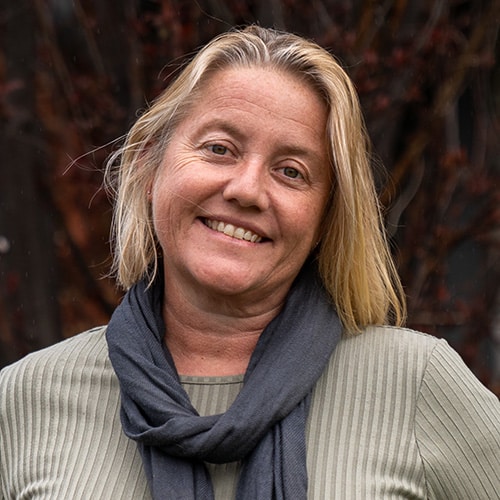
Kylie Piper
Manager
Kylie Piper has worked for more than 15 years in not-for-profit management in science and natural resource management across Australia. She has extensive experience in project management and administering state and federal government grant programs.
E kylie.piper@adelaide.edu.au
M 0410 555 651

Rachel May
Systems Specialist – Adoption Officer
Rachel May has extensive experience working in agriculture and landcare across Eyre Peninsula and the Murray Darling Region of South Australia. Rachel has worked closely with many landcare and farming groups in project management, research and extension roles.
E rachel@agex.org.au
M 0457 929 998

Sean Miller
Innovation Broker (AgriFutures)
Dr Sean Miller works closely with farmers, farming systems groups, advisors and researchers to harness innovation for drought and climate resilience. Sean was previously a University of Adelaide Research Fellow for the Advanced Livestock Measurement Technologies project (ALMtech), helping Australian meat supply chains adopt objective carcass measurement.
E sean.miller@adelaide.edu.au
M 0407 363 046
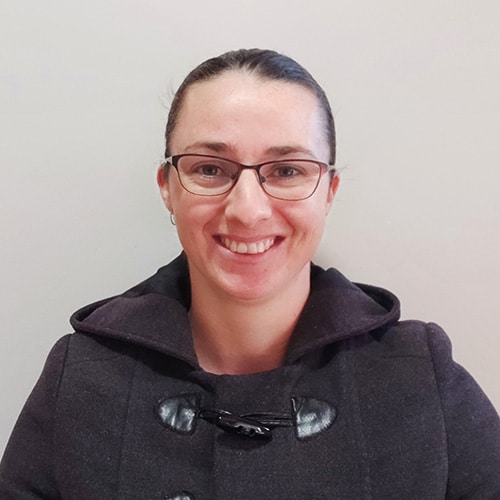
Lucy Porter
Regional Soils Coordinator
Lucy Porter will be working with regional soil service providers to develop a plan that identifies regional soil issues, activities and capabilities, barriers to adoption, and opportunities to collaborate to deliver more integrated and targeted soils services to farmers and regional farming communities.
E lucy.porter@adelaide.edu.au
M 0488 551 731

Penny Schulz
Livestock Technical Specialist Adoption Officer
Dr Penny Schulz is an expert in AgTech adoption, livestock genetics and sustainable farming systems. She has worked as a lecturer and livestock consultant, delivering projects to industry and holding a range of board and advisory roles. Penny also runs a sheep and cattle operation in the Limestone Coast region with her husband Jason.
E penny.schulz@adelaide.edu.au
M 0417 853 094
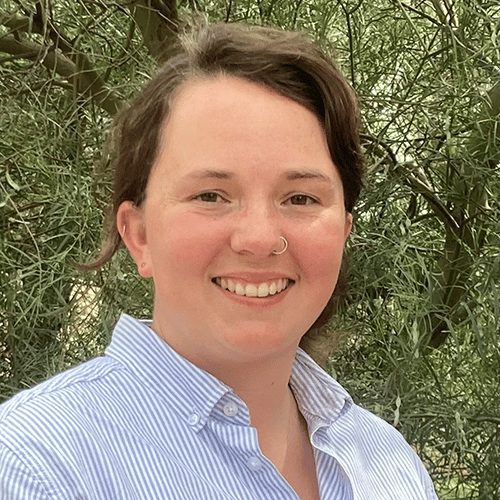
Hannah Griffiths
Livestock Technical Specialist Adoption Officer
Dr Hannah Griffiths is a registered veterinarian with a Masters in Sustainable Agriculture. Through the Livestock Research Centre at the University of Adelaide, Hannah works on livestock health, wellbeing and productivity, and relationships with management of soils and pastures within a farming system.
E hannah.griffiths@adelaide.edu.au
M 0423 503 386

Sarah Voumard
AgTech Adoption Officer – TEKFARM
Sarah Voumard has extensive experience delivering on-ground environmental outcomes in conjunction with conservation parks, agriculture and civil construction. In her current role, she works with primary producers across the SA Arid Lands Region on the TEKFARM project to increase the adoption of AgTech to build drought resilience.
E Sarah.Voumard2@sa.gov.au
M 0438 846 373
Node Coordinators
Karen Hollamby
Node Team Leader and
Loxton Node Coordinator
E karen.hollamby@sa.gov.au
M 0432 806 970
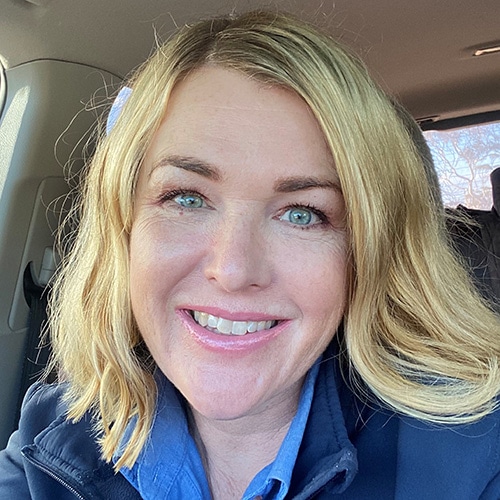
Fiona Tomney
Minnipa and Port Augusta Nodes
Before joining the Hub full time, Fiona Tomney was a Research Officer with SARDI, focusing on dryland farming systems, especially annual legume pastures. Living on a sheep/wheat property with her husband and two sons, Fiona has first-hand experience of managing drought conditions. She is driven by sharing her knowledge to help others in a practical way.
E fiona.tomney@sa.gov.au
M 0459 857 691

Joanne Ridsdale
Orroroo Node
Joanne Ridsdale has a background working in the arid pastoral environment and is passionate about livestock management and increasing adoption. Having lived and worked on properties in the Upper Mid North and arid lands, she understands the issues faced by the pastoral and farming communities and the impacts of drought.
E joanne.ridsdale@sa.gov.au
M 0447 132 268
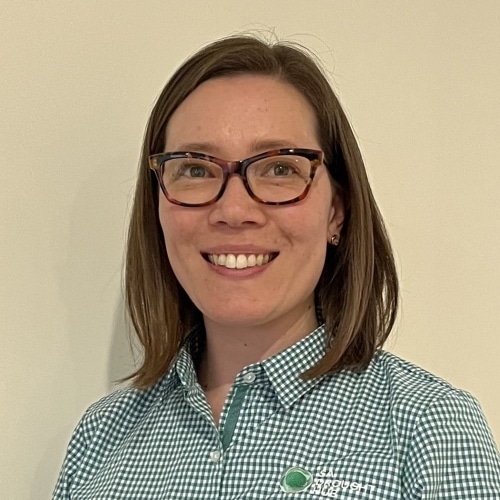
Tamara Zerk
Struan Node
Tamara Zerk has an Honours Degree in Agricultural Science specialising in grains research and plant breeding, and has worked in science education. Having lived in a farming community for over 15 years, Tamara is keen to develop networks with our partners, researchers and farmers, and providing opportunities for education, extension and adoption of drought-resilient practices.
E tamara.zerk@sa.gov.au
M 0400 765 043

Rachel May
Roseworthy Node
Rachel May has extensive experience working in agriculture and landcare across Eyre Peninsula and the Murray Darling Region of South Australia. Rachel has worked closely with many landcare and farming groups in project management, research and extension roles.
E rachel@agex.org.au
M 0457 929 998



This program received funding from the Australian Government’s Future Drought Fund
About the Future Drought Fund
The $5 billion Future Drought Fund provides secure, continuous funding for drought resilience initiatives. It will help Australian farms and communities prepare for the impacts of drought.
The FDF is part of the government’s Drought Response, Resilience and Preparedness Plan, supporting Australian farmers and communities to be sustainable and productive.
About the Drought Resilience Research and Adoption Program
Future Drought Fund
Drought Resilience Self Assessment Tool
Climate Services for Agriculture Program
Natural Resource Management Drought Resilience Program
Drought Resilience Research and Adoption
Networks to Build Drought Resilience
Drought Resilient Leaders
Regional Drought Resilience Planning
The Drought Resilience Research and Adoption Program has been allocated funding of $117.3 million to 2023-24.
The objective of this program is to invest into collaborative research, development, extension, adoption and commercialisation (RDEA&C) activities. These activities will help primary producers and rural and regional communities to become more prepared for, and resilient to, future droughts.
The program has the following interconnected elements: innovation hubs, innovation grants, research and adoption investment plan, and a science to practice forum.
Adoption and Innovation Hubs
Eight Drought Resilience Adoption and Innovation Hubs in regional Australia.
Hubs will be located in regions within major climatic and agricultural zones across Australia.
Hubs will facilitate transformational change through co-design of RDEA&C activities.
Opportunity for farmers, researchers, local entrepreneurs, Indigenous groups, NRM practitioners, and industry and community groups to work together.
Collaboration will enable user-centred innovation, research and adoption where it is needed.
Innovation Grants
Drought Resilience Innovation Grants are available for research organisations, the private sector, industry, not-for-profit organisations and community groups.
Grants will support development, extension, adoption and commercialisation projects co-designed to deliver targeted solutions to drought resilience priorities.
Subscribe
Subscribe below to receive the SA Drought Hub newsletter
Have your say
Got any feedback for us or want to know how to get involved?
Fill in the form or contact us at sadroughthub@adelaide.edu.au.

